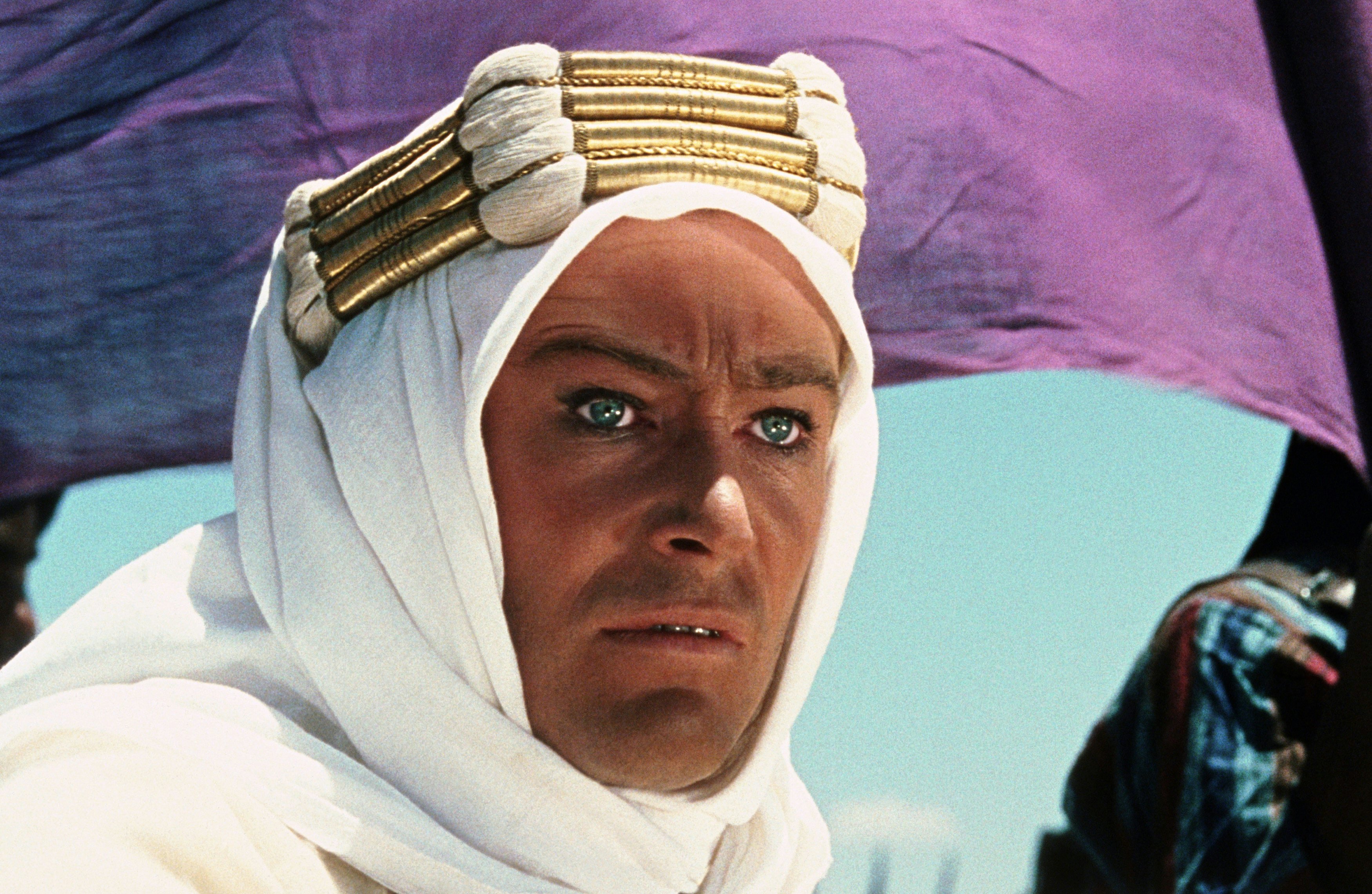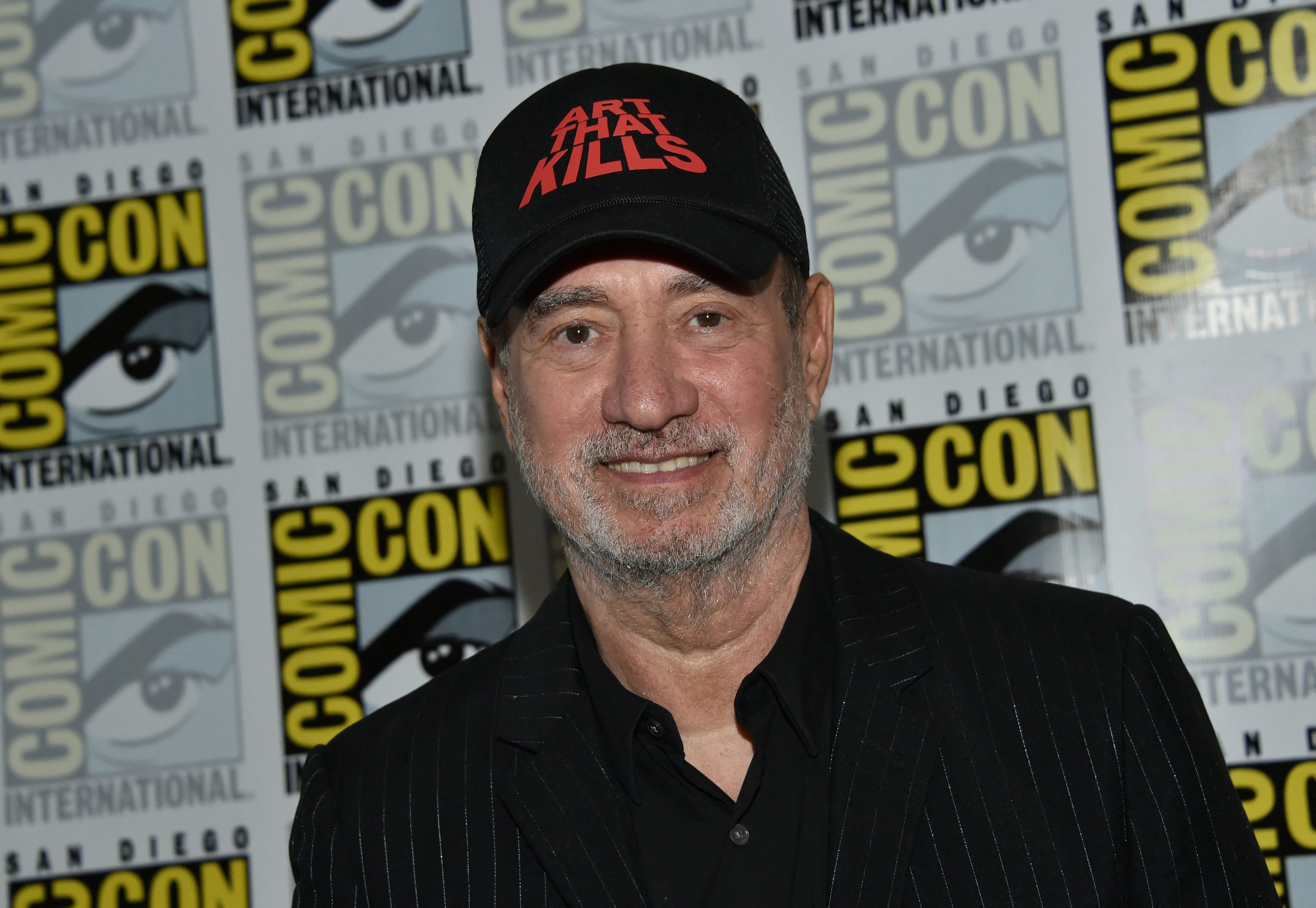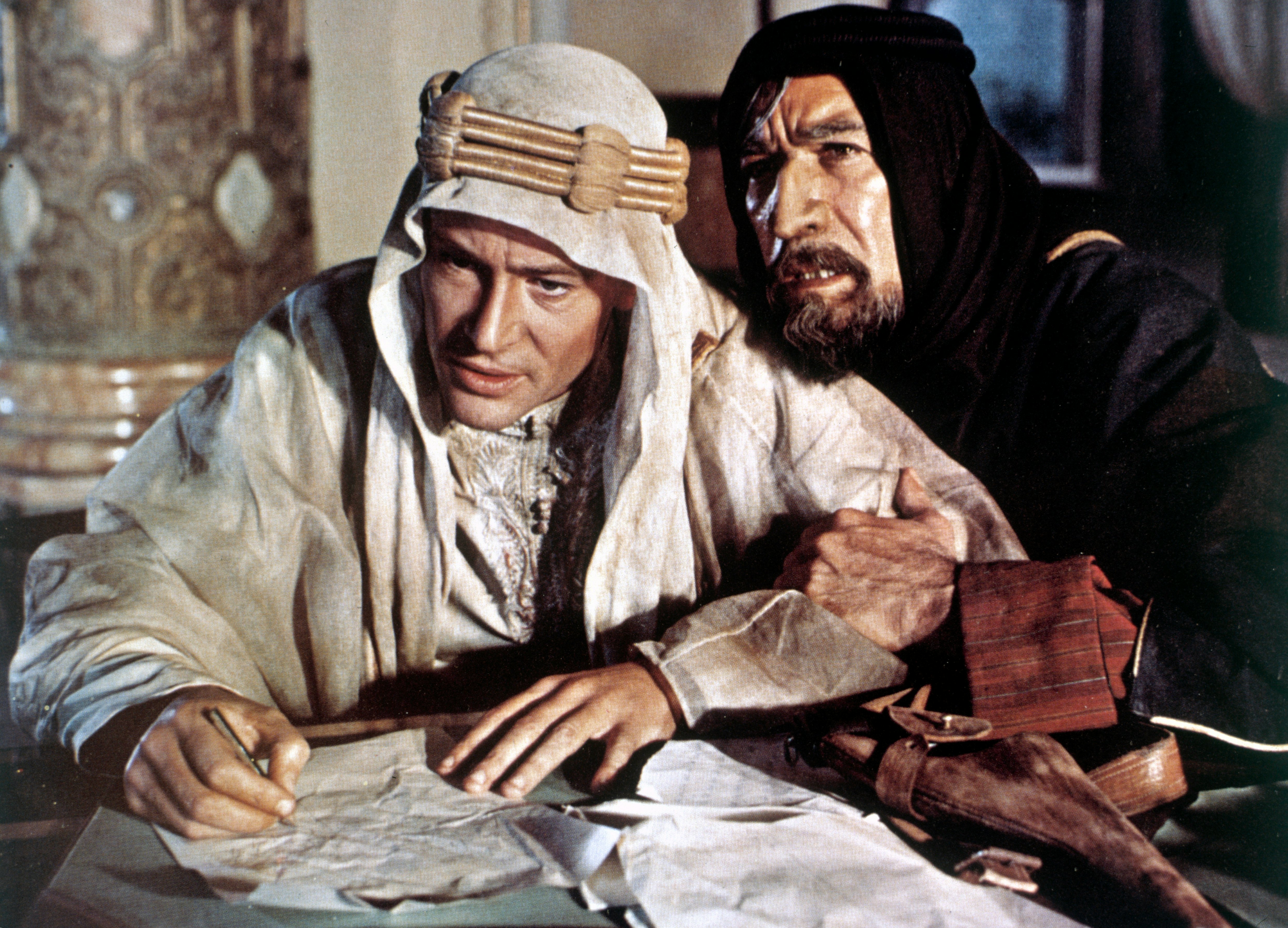
TV is getting bigger and better than ever. In the age of streaming, blockbuster movies can sit alongside TV miniseries on the same service, and stars often hop between the mediums. But that escalation isn’t totally positive: as the prestige of TV expands, so do budgets and ambitions.
A controversial director with a litany of proven films is perpetuating this with one of the most ambitious projects in recent years — an adaptation of a masterpiece of Hollywood’s Golden Age. But is it a new take on an old story, or just another remake that doesn’t reach the heights of the original?

Roland Emmerich, director of Independence Day and Godzilla, recently broke into the world of streaming TV with Those About to Die, a glitzy Roman historical epic boasting names like Iwan Rheon and Anthony Hopkins. Now, according to The Hollywood Reporter, he’s eyeing an even bigger project: Lawrence in Arabia, a prestige adaptation of David Lean’s 1962 based-on-real-life opus Lawrence of Arabia.
The series, penned by Bohemian Rhapsody’s Anthony McCarten, is reportedly ready to be shopped. Emmerich and McCarten envision it having three seasons, far bigger than the original movie’s already-massive 227-minute runtime. Matching that vision is the new title, Lawrence in Arabia. Emmerich changed the preposition because “it has a little bit more characters” than its predecessor.
It’s the latest in a long line of movie-to-streaming-series adaptations, a trend that ranges from High Fidelity and A League of Their Own, to Dead Ringers and Scott Pilgrim Takes Off. But while the format may be popular, it can also get tired: with more space to tell a movie’s story, these adaptations can get bogged down in the extra material and lose any sense of pacing and momentum, turning into one long marathon story instead of contained episodes. There’s a reason so many shows are described as “ten-hour movies.”

Lawrence of Arabia is also based on the book Seven Pillars of Wisdom by T. E. Lawrence, so this series would not only be a movie remake but also a book adaptation. It’s hard not to see the similarities to Dune, another book adapted into a movie (admittedly not nearly as successfully) and then remade again in recent years. Maybe the real trend is adaptations about blue-eyed boys in sandy environments, but it’s further signs that big-budget adaptations and remakes are everywhere.
Emmerich’s pedigree has faltered in the past few years — just look at Stonewall or Moonfall — but a hugely ambitious series like this has the potential to change everything. But it’s a high-risk high-reward strategy: if it doesn’t go well, not only will it not be able to tell the full three-season story, but it also would besmirch the legacy of a movie that regularly finds itself in the discussion of the greatest of all time.







